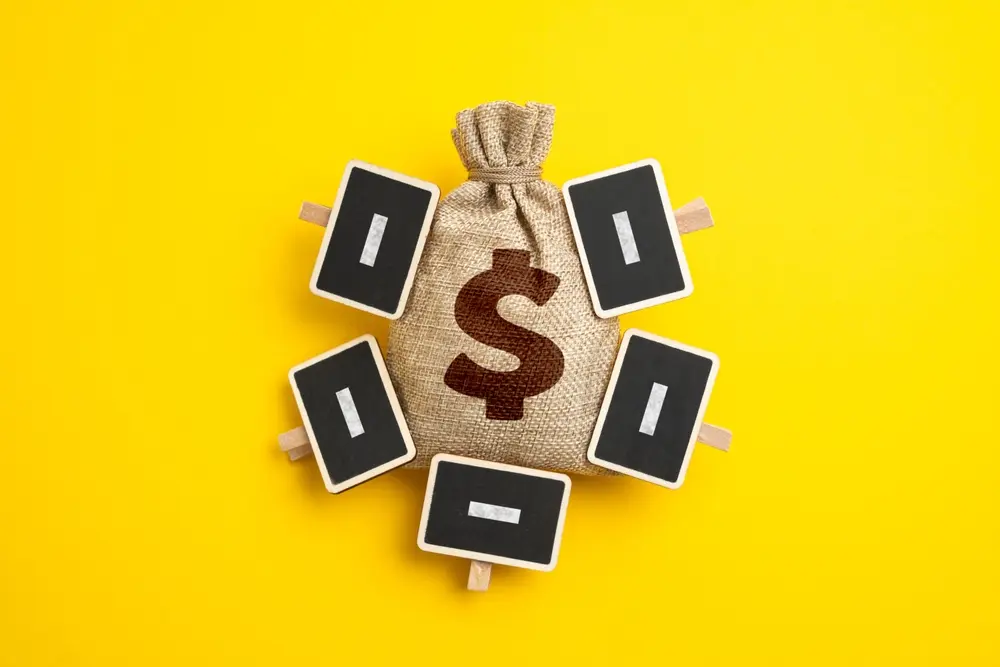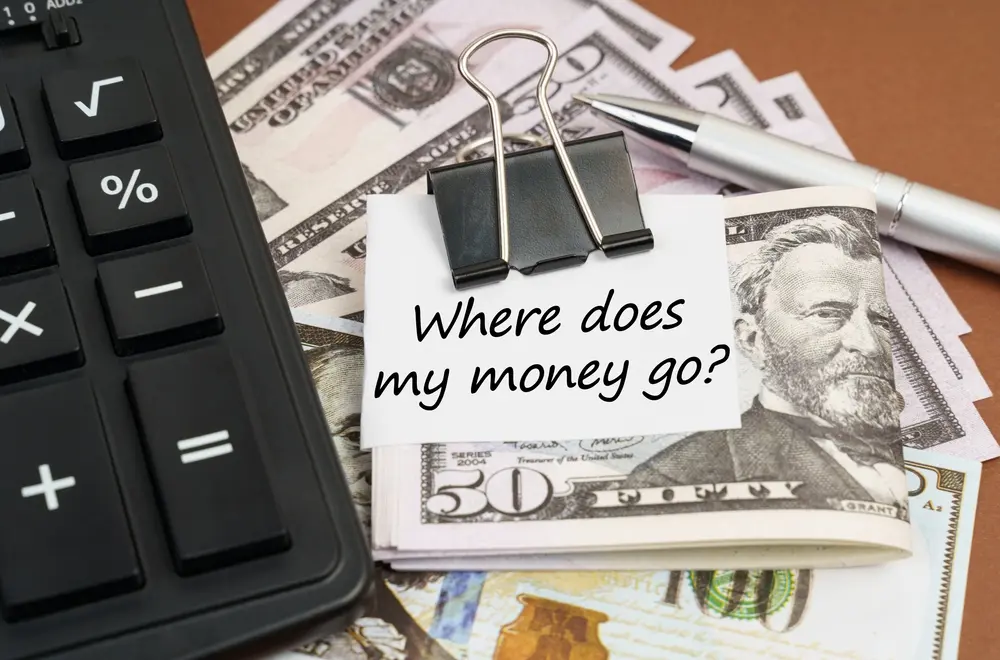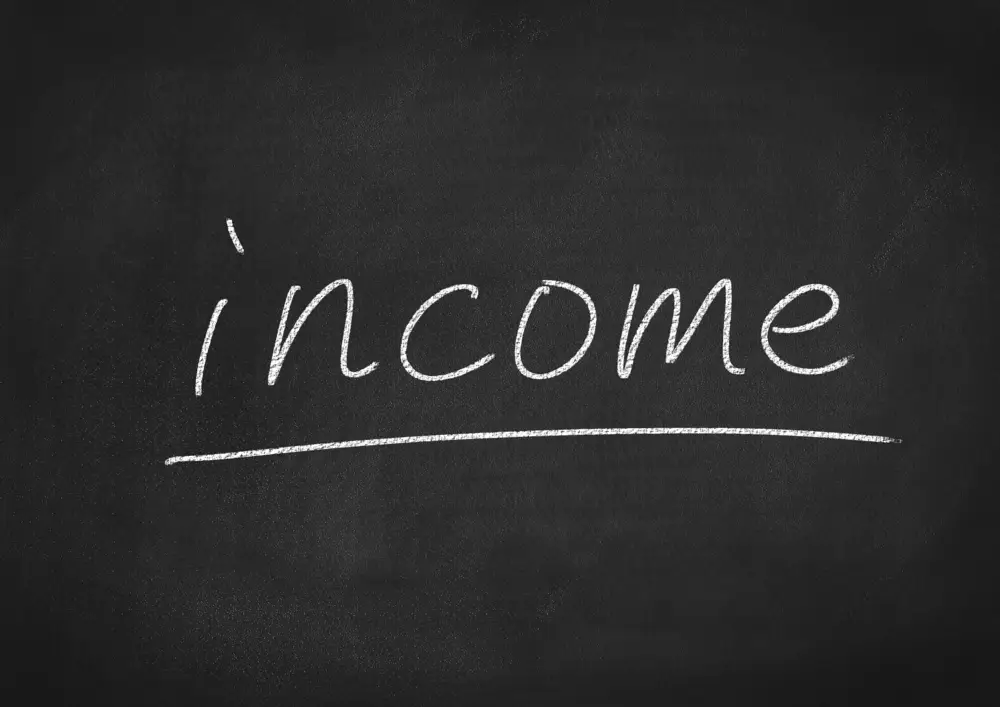Without budgeting, what would happen? The Undiscovered Dangers of Neglecting Financial Planning
Imagine this: you have just spent money on a brand-new thing you hardly need, but it will make your life better. A few weeks later your car breaks down and an uninvited medical bill arrives up. You start jogging to make ends meet out of unexpected need. Sounds reminiscent of something familiar. Lack of a clear, clearly defined budget produces this.
Budgeting is a full approach to manage your money, not merely about pence count. From tracking expenditure to defining particular goals, budgeting is absolutely essential for attaining financial stability and security. Budgeting, according to financial counselors, provides a clear road map for controlling your income, allocating money for crises, and attaining long-term financial goals.
The risks exceed what you would think without a budget. This blog will look at the hidden dangers of living without budgeting and what would happen? also offer achievable strategies to help you to take control of your financial fate.

Section 1: Direct Results of Ignorance of Budgeting
1. Financial Control Loss
Ignoring budgeting helps one easily start an overspreading cycle. Without a well-defined plan, you could find yourself giving in to lifestyle inflation—that is, steadily more spending as your income increases—or making spontaneous purchases. Although at first look this excessive spending seems benign, it creates cash flow problems that make it difficult to cover needed expenses.
The major issue here is that many times money is spent on things that go against your long-term financial goals. Unplanned purchases could leave you penniless, which would wre havoc should an emergency strike.
2. Debt Building-up
Without a good budget, one finds themselves stuck in the debt trap rather quickly. While a simple answer for a temporary financial difficulty is a casual swipe of the credit card, before you know it the interest charges are building. Rising debt and increased financial stress follow from a snowball effect produced by credit card balances, high-interest loans, and unpaid invoices.
Apart from being about owed money, debt has psychological weight. Ignoring payments and allowing your amounts to rise could set off a financial cycle influencing your long-term financial condition and mental state.
3. Lack of Emergency Readiness
Unpredictable life means that, always at the worst of times, unplanned expenses usually strike. Without a budget or emergency fund, any unplanned event—medical emergency, car repair, job loss—can propel you farther into debt.
Your emergency funds represent your financial safety net. One piece of mind comes from knowing one has means to control catastrophes. Without it, a minor setback could seem to be a major catastrophe.
Second Section: Extended Effects
1. Stalled financial objectives
Try building a house free of a foundation. Attempting to meet financial goals without a budget is like trying that. Ignoring to budget means you’re not likely to reach your objectives whether they be helping your children’s school, house purchase, or retirement fund investment.
Without planning, you cannot properly distribute funds to long-term savings plans or investments. Over time, your financial goals become unreachable; you may find yourself locked in a cycle of short-term consumption without ever making catch-up.
2. Credit Score Damage
Apart from increasing the difficulty of loan eligibility, a poor credit score could cost you more money down road. Ignorance of budgeting results in skipping payments and heavy credit card use. With time, your credit score will decline, therefore reducing your access to reasonable loan conditions and interest rates.
A damaged credit score affects everything from your capacity to buy a house to the interest rates you are shown on personal loans. Under the worst case, it might even influence your ability to rent an apartment or get employment in specific industries.
3. Heightened Anxiety and Stress
Just as much as your pocketbook affects your emotional state, financial insecurity does. Ignorance of budgeting poses the risk of crushing debt, bills, and mounting expenses. From this stress, anxiety, despair, and a sense of powerlessness over your financial situation can all follow.
Money is one of the biggest reasons of anxiety; hence, usually, the tension gets worse when you are not actively managing your money. Studies have revealed that financial uncertainty closely relates with poorer mental health.

Section 3: Real-Life Situations—Case Studies
Example 1: Following a job loss, a family without a budget files for bankruptcy.
Imagine a house devoid of a budgeting plan paying for living expenses from pay checks. One day the primary breadwinner suddenly finds themselves unemployed. Without savings or an emergency fund, they quickly fall behind on costs, which fuels debt creation. Lack of financial knowledge aggravates the situation and leads to bankruptcy. This narrative illustrates the terrible results of ignoring to budget when life throws a curveball.
Example 2: A freelancer battles inconsistent income and no savings strategy.
An intermittent income freelancer discovers he is in a similar position. Their income varies month to month, hence they do not have any planned budget or savings. Their basic living expenses become challenging for a sluggish month to pay for. Without a buffer, they have nowhere to cover the void; consequently, the cycle continues. This illustration underlines the significance of creating a solid budget for independent contractors and people with erratic revenue.
Section 4: Starting Budgeting: Solutions
1. Simple Techniques for Budgeting
The secret is to find one that works for you even if there are other approaches to budget. Three well-known methods exist:
- Set aside 20% for debt payback or savings, 30% for likes like dining out or entertainment, and 50% for essentials including utilities or housing.
- Zero-based budgeting leaves no money unrecorded by assigning a specific use to every dollar of your income.
- You divide your money into envelopes based on categories—such as grocery, entertainment—then just spend the money in those envelopes.
- Each one of these approaches helps you stay on top of your money, prioritize needs, and track spending.
2. Apps and Tools
Many tools and apps enable more successful and easier budgeting. Of the rather popular options are:
- Mint: An automatically monitoring and classifying tool for your free budgeting needs.
- Designed with a premium eye toward proactive budgeting and goal planning, Google Sheets/Excel
- Spreadsheets for those who would want a hands-on approach.
These tools help to streamline the budgeting process so ensuring your compliance to your financial goals.
3. Establishing Financial Literacy
To properly grasp budgeting, you have to increase your
. First register for online classes, listen to podcasts, or pick up personal financial books. Your knowledge of money management will help you to feel more empowered to make better decisions.
- Several well-known websites for financial education are:
- Books: “The Millionaire Next Door,” Thomas Stanley; “Rich Dad Poor Dad,” Robert Kiyoski
- Podcasts are “The Dave Ramsey Show,” “BiggerPockets Podcast.”
- Classes: Personal finance classes accessible on websites like Coursera or Udemy.

Last Thought
Ignoring budgeting seems like a good choice, but the risks are clear-cut. Living without a budget has far-reaching consequences from debt and lost financial control to missing long-term financial goals.
Still, there is time to reverse things. By means of simple budgeting strategies, financial instruments, and investments in your financial literacy, you will be able to seize control of your money and ensure better future. Remember that financial stability takes some effort to offer a firm base for long-term success; it does not happen right away.
About ready to handle your money? Starting your budget now, let us know in the comments below your ideas! Keep in mind also subscription for more financial advice.
FAQ Section ( Regarding EEAT and Featured Snippets)
Could I survive without a budget?
While you may survive without a budget, doing so runs you risk debt, unstable finances, and missed opportunities. Budgeting gives you a clear financial road map, thereby enabling you with financial control.
How might budgeting help with mental health issues?
Through transparency, budgeting helps to reduce financial uncertainty and stress associated with money problems. Understanding where your money is going helps you to make sensible decisions and reduces your anxiety over unplanned expenses.
For first-time budgeters, which approach is the simplest?
For amateurs starting from nothing, the 50/30/20 Rule is a simple and effective method. Since it divides your income into three neat categories—needs, wants, and savings—it facilitates easy money allocation.



